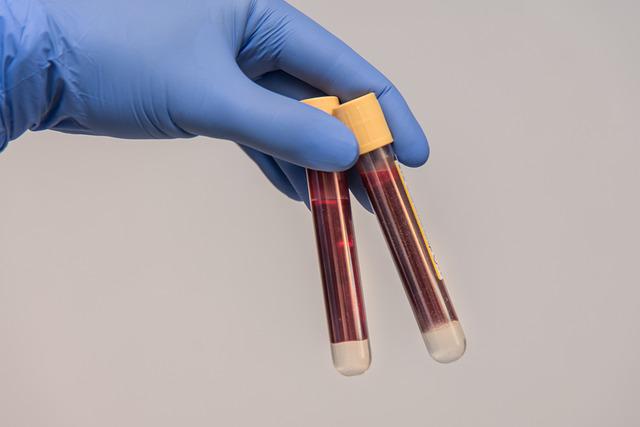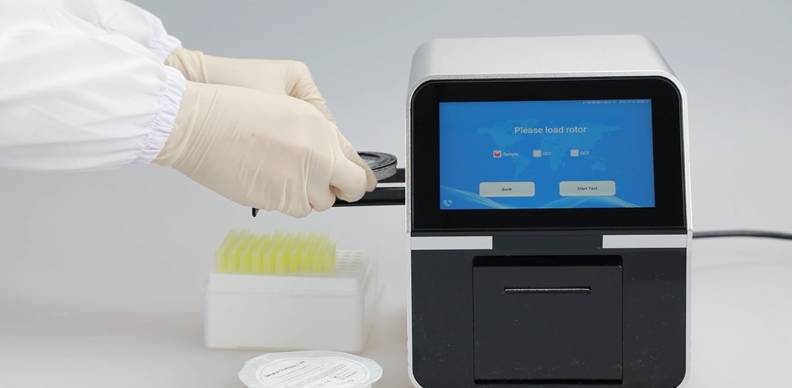The biochemical analyzer is a very important piece of medical equipment for medical laboratories. It can test a variety of items quickly and accurately. These include liver function, kidney function, blood glucose, lipid analysis and other biochemical tests.
Uses of biochemical analyzer
Most of the biochemistry analyzers on the market today are fully aubomabic biochemistry analyzers, which simulate some or all of the steps performed manually. For example: sampling, adding reagents, removing interferents, mixing, moisturizing, colorimetric, result calculation, writing reports and cleaning steps.
Biochemical analyzer uses various reaction types such as timed method and continuous monitoring method for analysis and measurement. In addition to the general biochemical items measurement, some of them can also perform the measurement of special compounds such as hormones, immunoglobulins, and blood drug concentrations.
The Biochemical analyzer generally has the following functions.
-
①Barcode identification function. Simplify the work procedure and improve the accuracy of work. It also guarantees the safety of the operator;
-
②Automatic cleaning function of the colorimetric cup. Effectively prevent cross-contamination;
-
③ Optional function. That is, a single channel can choose multiple assay items function. Make the work much more flexible.
-
④A variety of self-test, automatic re-test function and warning function;
-
⑤ emergency sample insertion function;
-
⑥Experimental program management, data management, quality control management functions.
Biochemical analyzer is mainly used for: clinical blood test routine, cardiac enzyme profile, blood glucose lipid, liver function, kidney function and other routine biochemical indicators of the test. At the same time will also greatly promote the development of medical technology.


